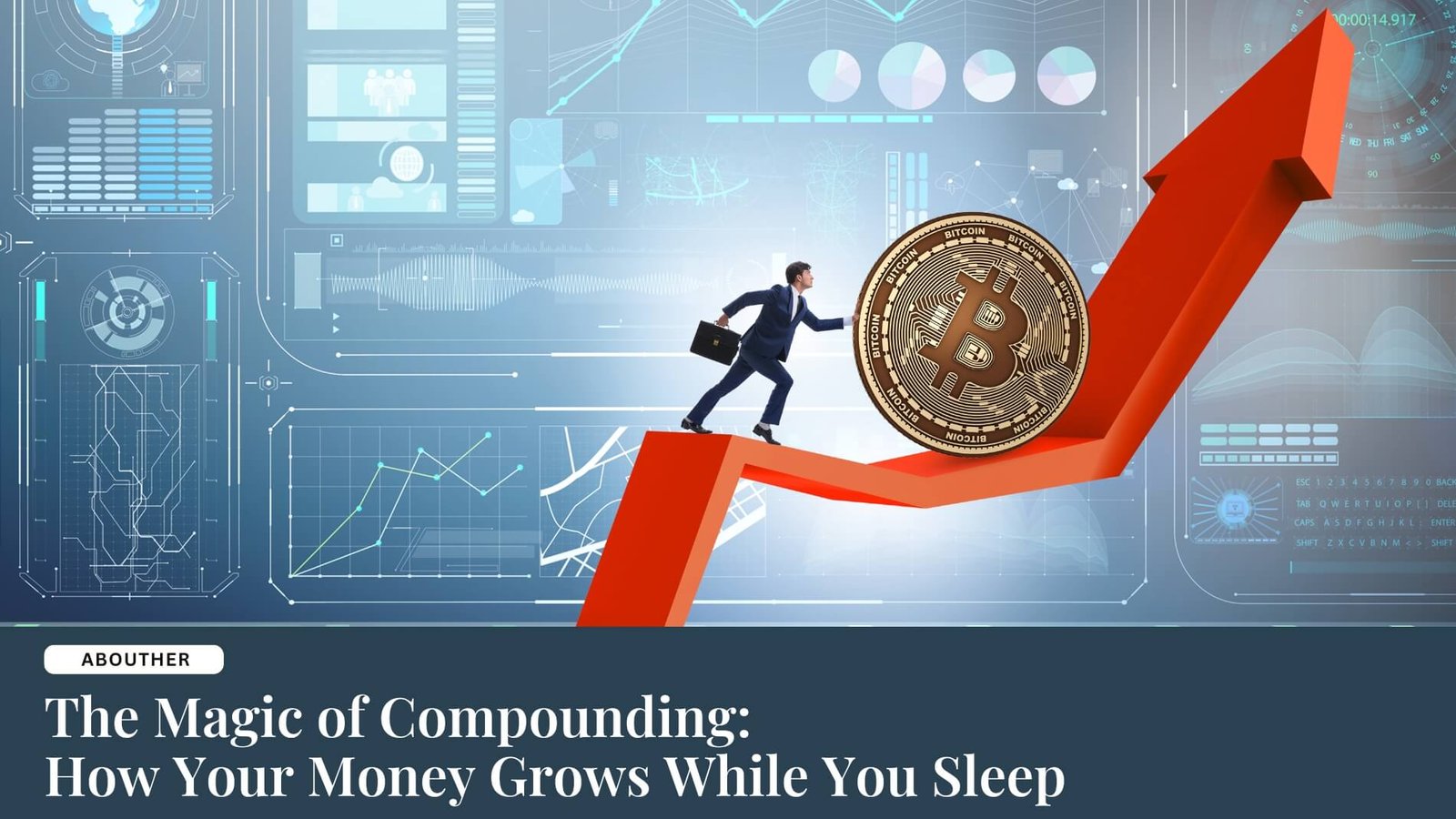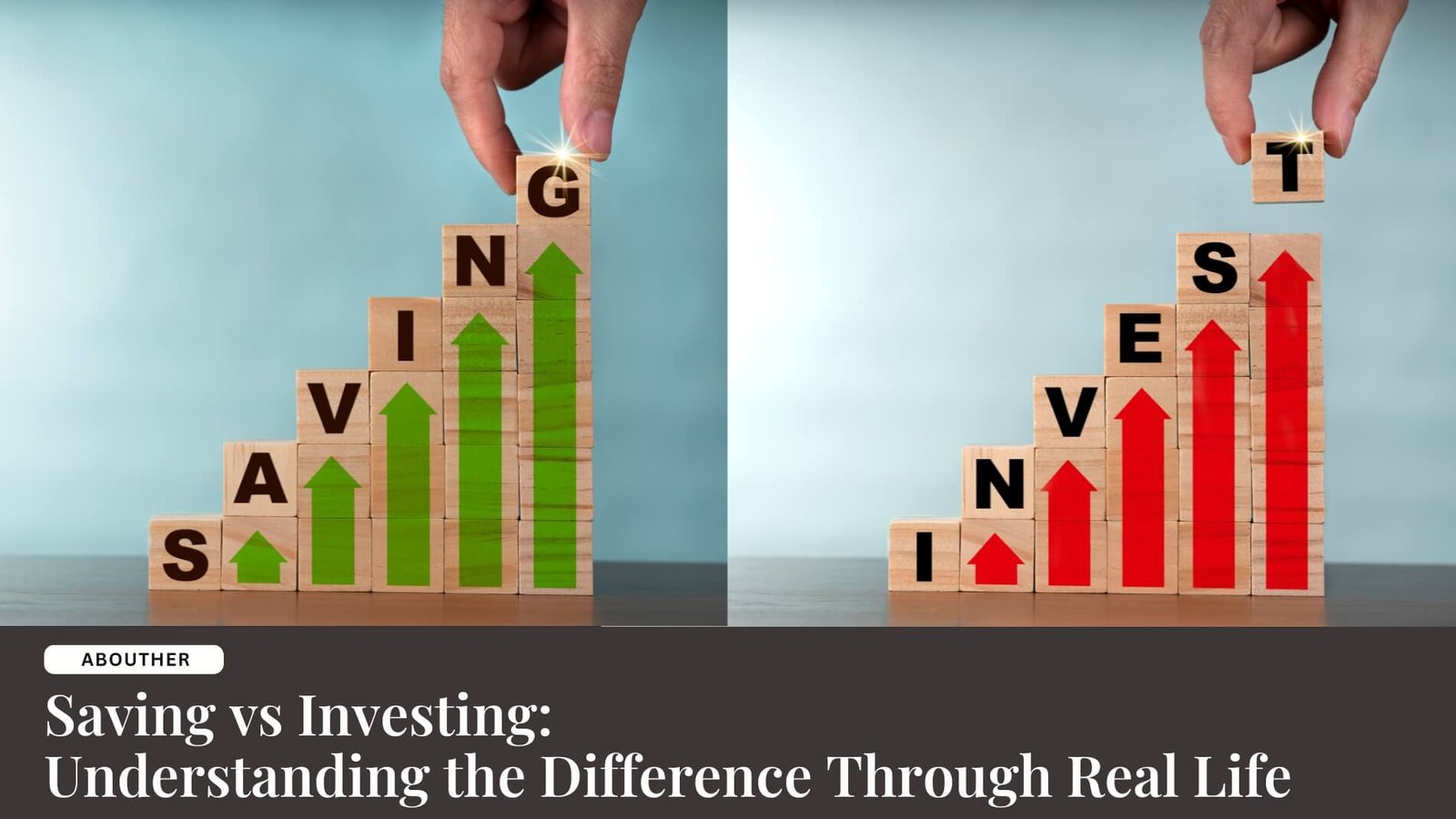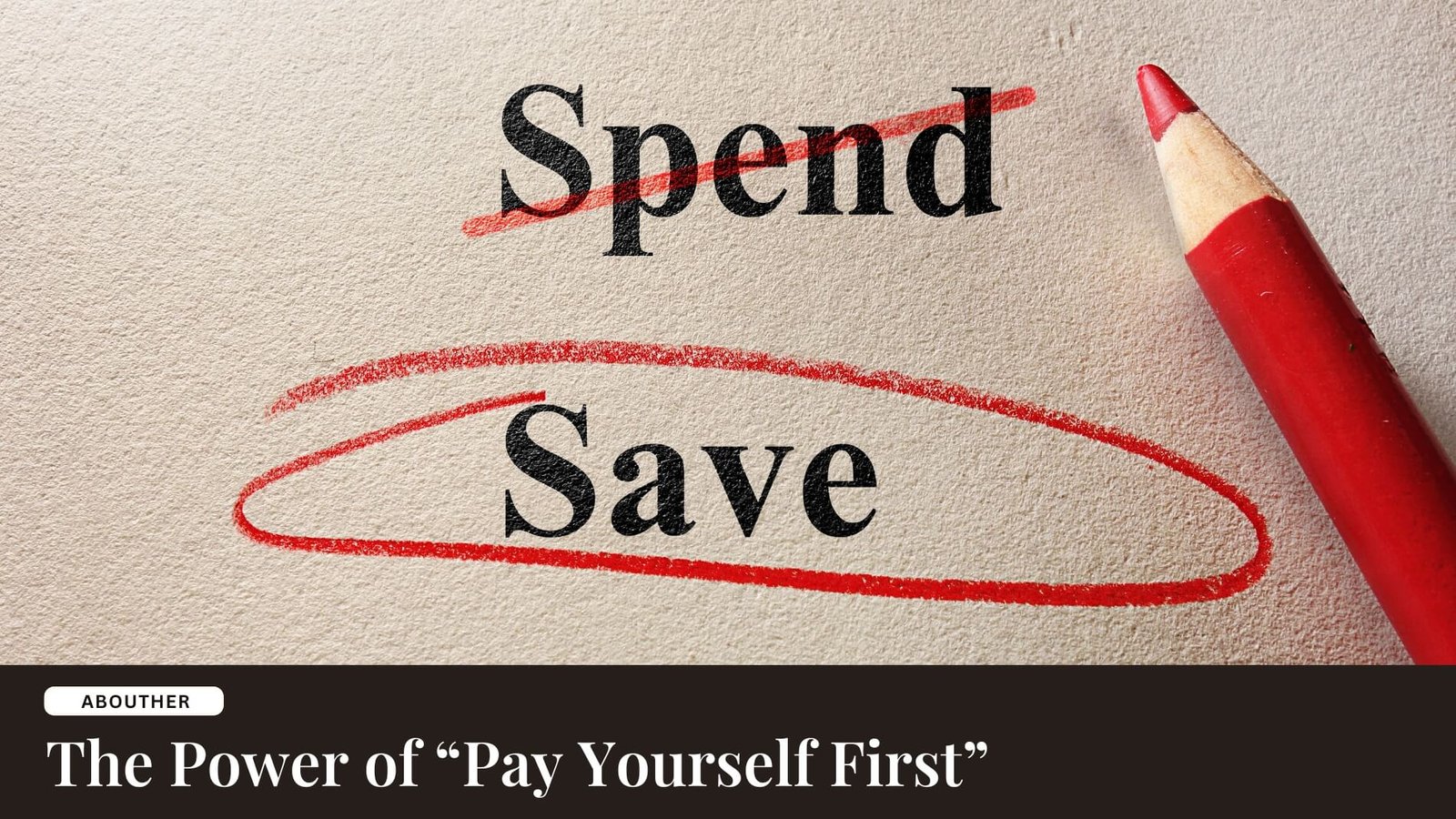The Magic of Compounding: How Your Money Grows While You Sleep
Editor’s Note:
Our regular contributor, Nitika Khiwani Sood, brings clarity and warmth to a concept many find intimidating, compounding. In her signature relatable style, she explains why it’s not just about numbers, but about nurturing your financial future with patience and consistency. A must-read reminder that even small steps can lead to big financial growth over time.
Imagine this:
You plant a tiny seed in your garden. You water it regularly, give it some sunshine, and wait. A few weeks later, it’s still just a small sprout. Not too exciting, right? But if you stay patient and consistent, continuing to water it, nurture it, and shield it from storms, something magical happens. After a few years, that once-tiny seed becomes a flourishing tree, offering shade, fruit, and beauty.
This isn’t just a metaphor for nature. This is exactly how compounding works, but with your money.
What is Compounding?
In the simplest terms, compounding is when your money earns money, and then that new money also starts earning money. Over time, this snowball effect grows your wealth significantly.
It’s not just about earning interest. It’s about earning interest on your interest. And then earning interest on that.
Let’s break this down a bit.
📈 A Simple Example: From ₹1 Lakh to Lakhs More
Suppose you invest ₹1,00,000 in a fund that gives you a 10% return annually.
- After 1 year: ₹1,00,000 becomes ₹1,10,000
- After 2 years: ₹1,10,000 becomes ₹1,21,000
- After 3 years: ₹1,21,000 becomes ₹1,33,100
The extra ₹1,000 you earned in the second year (above the original ₹10,000) came because the 10% return was applied to ₹1,10,000, not just your initial ₹1,00,000.
This is compounding at work, quietly, steadily, and powerfully. With each passing year, the growth accelerates.
Now imagine staying invested not for 3 years, but for 15, 20, or even 30 years.
It’s not linear growth anymore, it’s exponential.
Also Read: Invest Like a Woman- A Gentle Introduction to the Equity Market
Why Time is Your Best Friend
Let’s look at a story of two friends—Neha and Pooja—to see this in action.
- Neha starts investing ₹5,000 a month at age 25, and stops at 35.
- Pooja starts investing ₹5,000 a month at age 35, and continues until 55.
So:
- Neha invests for 10 years = ₹6,00,000 total
- Pooja invests for 20 years = ₹12,00,000 total
But here’s the twist:
At age 55, assuming a 10% return, Neha’s money grows to ₹1.03 crore.
Pooja’s grows to ₹76 lakh.
Even though Pooja invested double the amount, she ends up with less. Why? Because Neha gave her money more time to compound.
That’s the power of starting early. And if you combine early with consistency? You unlock serious wealth-building potential.
Compounding Needs Two Things
- Time – The longer your money is invested, the more powerful compounding becomes.
- Consistency – Even small monthly investments can snowball into large sums when done regularly.
“But I Don’t Have Big Money to Invest…”
That’s okay. You don’t need lakhs to get started. Even ₹500 or ₹1,000 a month is a strong beginning.
Thanks to SIPs (Systematic Investment Plans), you can invest small amounts regularly and let it grow over time. The key is to start and then not stop.
Think of it like watering a plant. Even a few drops daily matter. Over time, those small drops turn into deep roots and strong branches.
It’s not about timing the market, it’s about time in the market.
Why Women Must Pay Attention to Compounding
Women are natural nurturers, we take care of families, careers, homes, and everything in between.
But when it comes to money, especially investing, many of us still shy away.
We save, but often in savings accounts or FDs that don’t even beat inflation. We let our money rest, when it should be working for us.
Here’s why compounding is particularly important for women:
- Inflation is real. What ₹100 could buy ten years ago now needs ₹180 or more.
- Longer lifespans. Statistically, women live longer than men. That means our money needs to last longer too.
- Financial independence. Whether you’re single, married, or managing a household, having your own investments gives you confidence and control.
It’s time we stop just saving and start investing. Even if you’re a homemaker or freelancer, your money can grow, quietly, in the background, while you focus on your passions and goals.
Also Read: Debunking Financial Myths- The Truth About Smart Money Management
Key Takeaways
- Start Early. Even if the amount is small, time will work in your favour.
- Be Consistent. Don’t stop during market dips, stick to your plan.
- Let it Grow. Avoid withdrawing every few years; patience pays off.
- Stay Curious. Learn about investing, ask questions, and seek guidance.
Final Thought
We women nurture everything, our families, our homes, our friendships, our dreams.
So why not nurture our money too?
Let every rupee you invest today become a seed. Water it with consistency. Give it sunshine with time. And let it grow into a tree that provides security, stability, and freedom for years to come.
Ready to give your money the power of compounding?
Start small. Stay steady. Watch the magic unfold.
Share This On Social
![Sangeeta-Relan-AH-525×410[1]](https://aboutherbysangeeta.com/wp-content/uploads/2024/06/Sangeeta-Relan-AH-525x4101-1.jpeg)
I’m Sangeeta Relan—an educator, writer, podcaster, researcher, and the founder of AboutHer. With over 30 years of experience teaching at the university level, I’ve also journeyed through life as a corporate wife, a mother, and now, a storyteller.

















